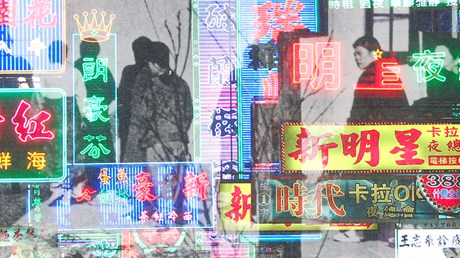Why we’re still dealing with a deadly and tragic problem that never went away.

There are an estimated 29 million women in modern slavery, including some form of sex trafficking and forced marriage, today. To understand why so many girls and women have suffered as victims of sex trafficking in Asia, Sylvia Yu Friedman wants more people to look back at history.
“Experts estimate that the Japanese Imperial military took up to 400,000 girls and women from nations they had occupied to more than 1,000 rape stations in China and hundreds of other military brothels across the Asia Pacific wherever soldiers were stationed,” she says. “UN experts have called this the largest human rights abuse against girls and women in the 20th century. However, the Japanese government has been unwilling to bear full legal and moral responsibility for conceiving and implementing this form of wartime sex slavery and has not issued a truly sincere apology that has satisfied the demands of the surviving victims and their families.”
Though the government has not fully taken responsibility, separately Japanese Christians have personally apologized to elderly survivors of Japanese wartime sex slavery in China.
“Their sincere apologies to these survivors and other Chinese and Koreans have brought a level of healing to generational pain that arose from the wounds of war that were never closed,” says Friedman.
An author, filmmaker, and philanthropy professional, Friedman has interviewed women across Asia who have survived both historical forced prostitution during World War II and current-day sex trafficking.
“I realized that a cycle of sex trafficking continues across Asia and that the enslavement that began with the Japanese Imperial military never went away due to gender discrimination and a ...
from Christianity Today Magazine
Umn ministry


.gif)

.gif)
.gif)
